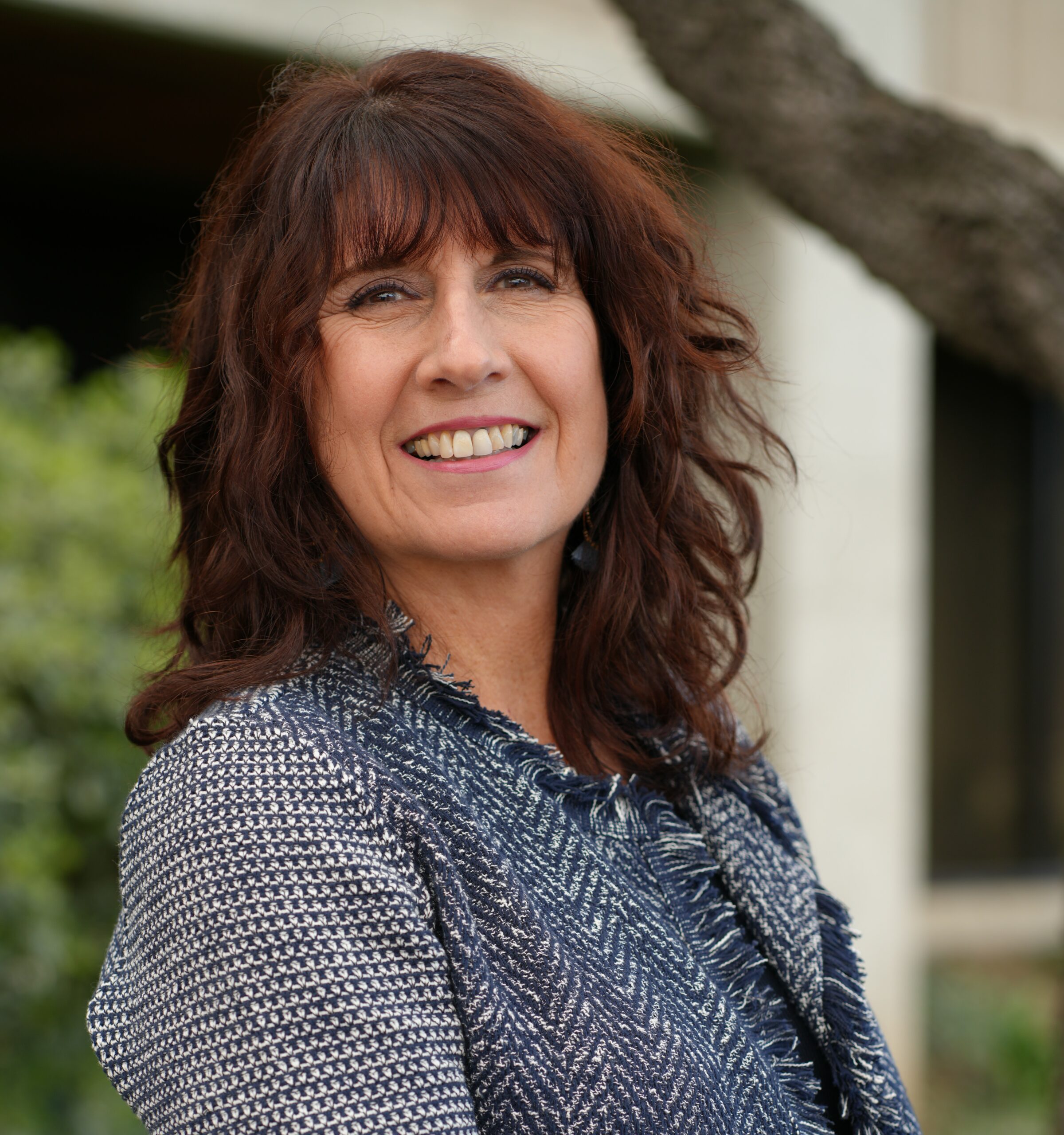Newsletter September 2022 | Supporting Infant Mental Health

Summer fun is wrapping up and fall is almost here! That means change is in the air, and even the youngest among us are very attuned to it. As so many rich conversations about mental health are expanding, it is important that we take special care to include infants in that conversation! Read stories from […]
I Screen, You Screen: Getting to know your child through screening tools

When you’re a parent, you may not know what you don’t know. Children are complicated! If you feel like you have questions about your child’s behavior–a screening can help. What is a Screening? Screenings can be a great way to ensure that your child is on track socially, emotionally, developmentally, and physically. The process can […]
Attitudes, Access, and Barriers Towards Developmental Screening in Communities of Color

Hear from Deputy Director of First 5 San Mateo County, Michelle Blakely, on building equity, fighting discrimination, and fostering access when it comes to developmental screenings. If you’re having trouble viewing in your browser, click here! Attitudes, Access, and Barriers Towards Developmental Screening in Communities of Color – 7/19/22 from California Chapter 1, AAP on […]
Where Parenting and Community Leadership Meet: A Q&A with Rosanne Foust

As the President & CEO of the San Mateo County Economic Development Association (SAMCEDA), Ms. Foust is a leading voice of the business community in San Mateo County and across the Bay Area on issues important to maintaining a strong local and regional economy, attracting and retaining major employers and good jobs, and creating partnerships […]


